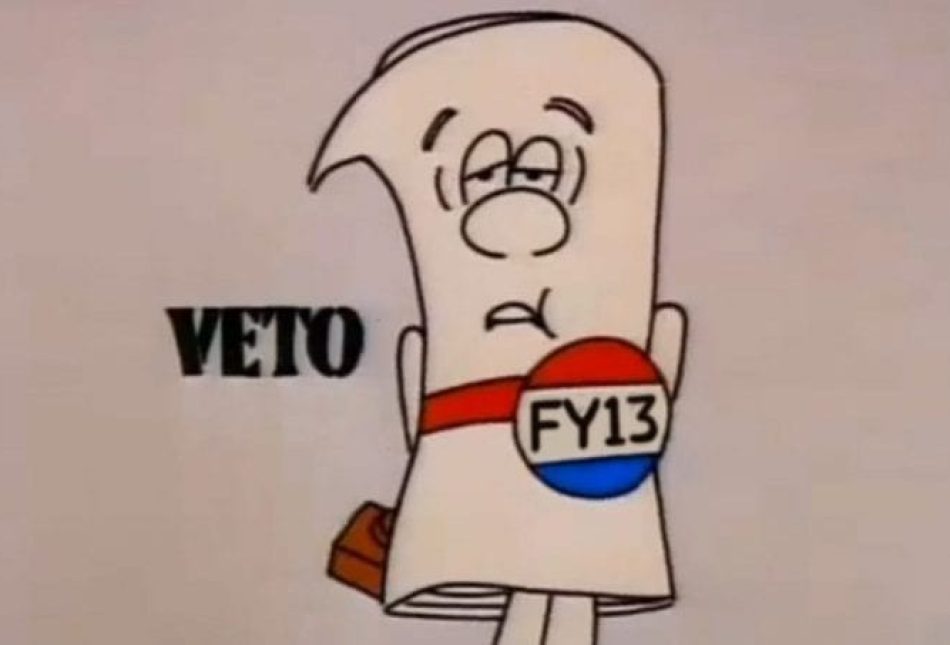Local Government
post
Condemnation Bill Veto Is Shocking

In a move that can only be described as “shocking” for both political and moral reasons, Gov. Bill Richardson became the first governor in the country to veto legislation aimed at protecting individual property owners from the abusive use of eminent domain.
According to the Institute for Justice, the nation’s leading authority on the use of eminent domain, abuse primarily occurs when the government takes one person’s property and gives it to another private party.
In June 2005, the Supreme Court’s decision in Kelo v. New London made eminent domain abuse constitutional by interpreting the Fifth Amendment to mean that any eminent domain taking, even for the express benefit of another private entity was legal as long as the condemning authority had a “plan” and officials believed that some public benefit would result from the taking.
Although the court’s decision was a tremendous blow to property owners everywhere, the court explicitly allowed for the possibility that states could place restrictions on the use of eminent domain. That is exactly what had been happening nationwide as more than 40 states have bills under consideration and six states had already passed bills to address the court’s decision. In fact, until Richardson’s veto, no governor had opposed efforts to limit Kelo’s reach.
It is surprising that the governor sees no problem in allowing state and local governments unfettered power to take people’s homes and small business. Even more surprising is that a man faces re-election this year and who, by all accounts, wants to run for president in 2008 would choose to take such an unpopular stand.
All available polling data shows that Americans of all walks of life are strongly opposed to the Supreme Court’s broad interpretation of eminent domain and would thus disapprove of Richardson’s veto.
While it is rare to find any issue on which more than 80 percent of Americans agree, poll-after-poll clearly shows that large majorities of Americans of all income levels, ethnic backgrounds and from all geographical regions oppose the use of eminent domain to further private development initiatives. In one recent survey by the American Farm Bureau, when respondents were asked about the Kelo ruling, an overwhelming 95 percent expressed disapproval; of those respondents, 87 percent said they disagreed strongly with the ruling. As a means of comparison, “only” 64 percent of Americans opposed the Dubai port sale.
Not only is opposition to Kelo remarkably broad, but Americans are demanding that something to be done to protect homeowners.
Conservatives and libertarians tend to believe constitutional limits on government power should be obeyed, but Richardson’s own base is even more directly impacted and mobilized. After all, Richardson calls himself a “business friendly progressive,” thus implying that much of his support comes from middle and working class New Mexicans.
The impact on the poor was explained by former Justice Sandra Day O’Connor in her Kelo dissent. O’Connor explained that “the fallout from this decision will not be random. The beneficiaries are likely to be those citizens with disproportionate influence and power in the political process, including large corporations and development firms.”
Despite his professed concern for poor and working class New Mexicans, Richardson has taken the side of the rich and influential developers on this issue. It will be interesting to see what the fallout from this move is for property owners – and for the governor’s political career.
Paul Gessing is the president of New Mexico’s Rio Grande Foundation. The Rio Grande Foundation is an independent, non-partisan, tax-exempt research and educational organization dedicated to promoting prosperity for New Mexico based on principles of limited government, economic freedom and individual responsibility.

